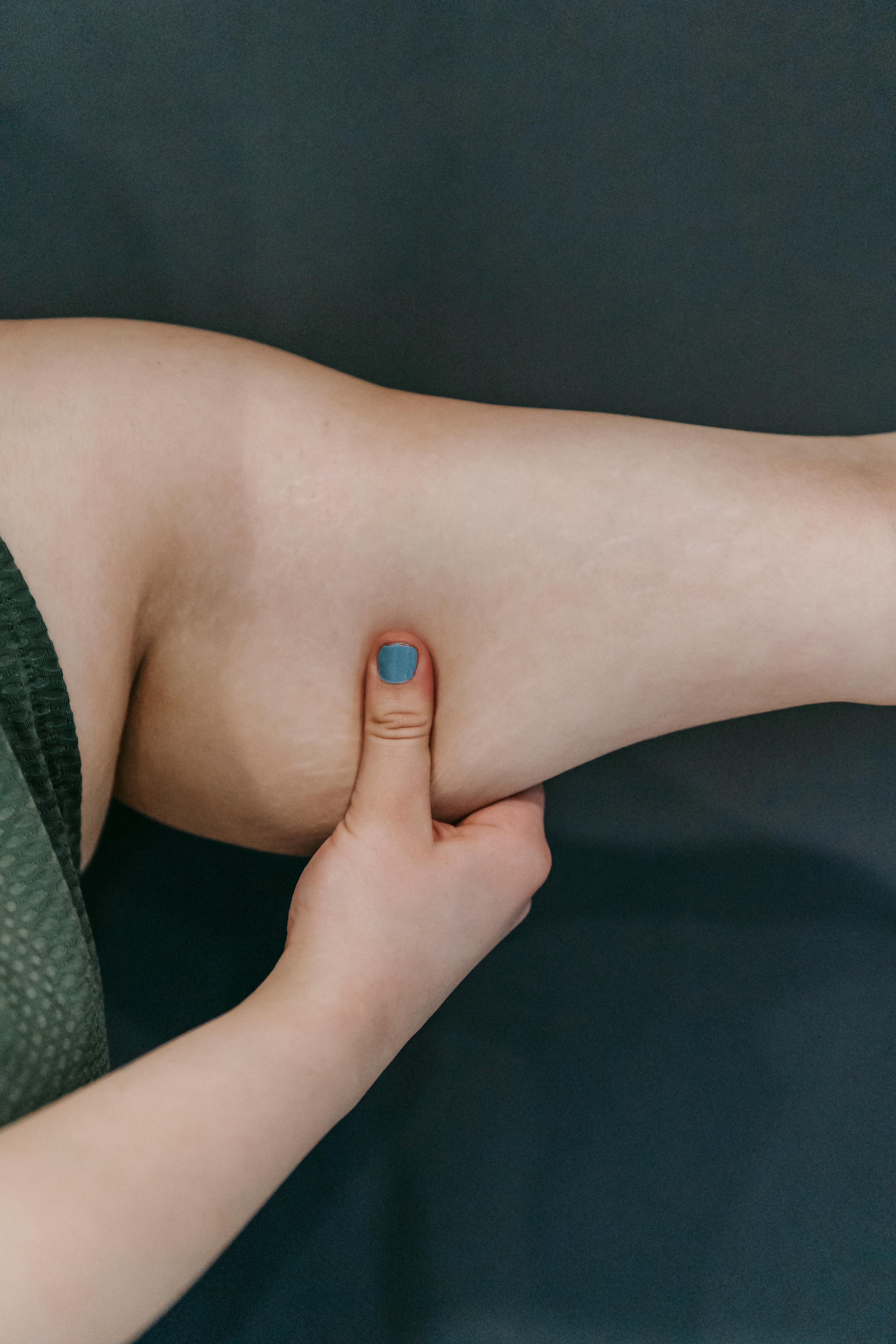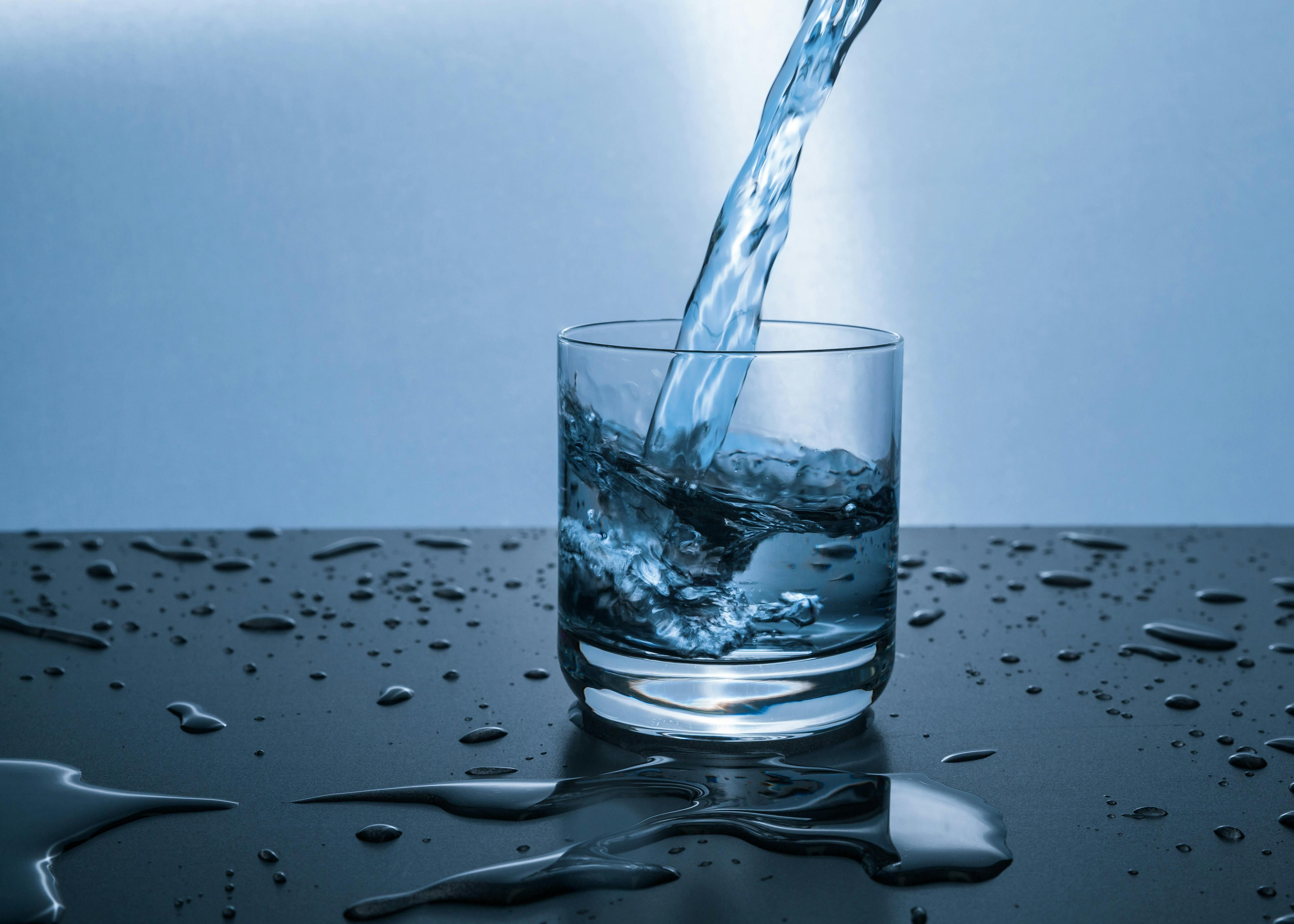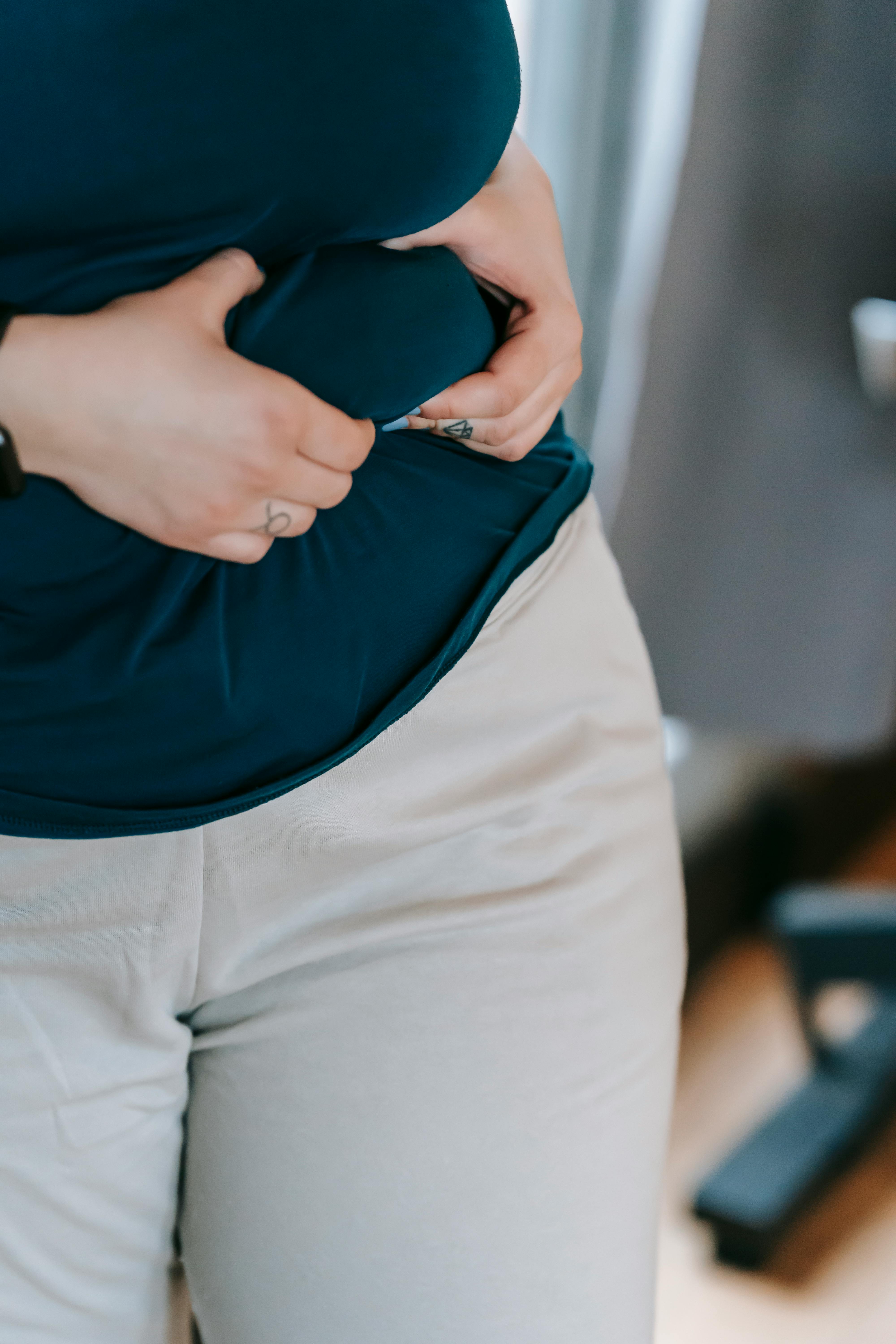
Are you feeling bloated and puffy? Water retention can be frustrating and uncomfortable, but there are ways to get rid of it fast. In this article, we will explore effective strategies to help you reduce water retention and feel lighter and more comfortable in your own skin. Whether it’s caused by diet, hormonal changes, or underlying medical conditions, learning how to manage water retention can make a significant difference in your overall well-being. With simple lifestyle adjustments and natural remedies, you can say goodbye to that bloated feeling and hello to a healthier you. Say no to bloating and yes to feeling your best – let’s dive in and discover how to get rid of water retention fast.
What is Water Retention?
Water retention, also known as edema, occurs when excess fluid accumulates in the body’s tissues. This can lead to bloating, swelling, and a feeling of heaviness. It commonly affects areas such as the hands, feet, ankles, and legs, but can also occur in other parts of the body. Water retention can be caused by various factors, including poor diet, hormonal changes, certain medications, and underlying medical conditions. Understanding the underlying causes of water retention is crucial in effectively managing and reducing it.
Excess sodium intake is one of the primary causes of water retention. When you consume too much salt, your body retains water to maintain a balance of electrolytes. Hormonal changes, such as those experienced during menstruation or pregnancy, can also lead to water retention. Additionally, certain medications, such as corticosteroids and nonsteroidal anti-inflammatory drugs (NSAIDs), may cause fluid retention as a side effect. It’s important to identify the specific cause of your water retention to address it properly.
Signs and Symptoms of Water Retention
Water retention can manifest in various ways, and the symptoms may vary from person to person. Common signs of water retention include bloating, swelling in the extremities, puffy face or hands, weight fluctuations, and a feeling of heaviness. In some cases, water retention may also cause stiffness or joint pain. It’s important to pay attention to these symptoms, as they can indicate an underlying health issue or an imbalance in your body.
If you notice sudden or severe swelling, especially in one area of your body, it’s important to seek medical attention, as it may be a sign of a more serious condition. Additionally, if you experience symptoms such as shortness of breath, chest pain, or difficulty breathing along with water retention, it’s crucial to consult a healthcare professional immediately, as these could be signs of a medical emergency.
The Importance of Reducing Water Retention
Reducing water retention is not just about alleviating the discomfort of bloating and swelling – it’s also essential for your overall health and well-being. Excessive water retention can put strain on your cardiovascular system and contribute to high blood pressure. It can also affect your lymphatic system, which plays a crucial role in immunity and waste removal.
By reducing water retention, you can improve your body’s natural detoxification processes and support optimal organ function. Additionally, managing water retention can help you achieve a leaner, more defined physique by reducing the appearance of bloating and puffiness. It’s important to address water retention promptly and adopt strategies to reduce it effectively.
Natural Remedies for Water Retention
When it comes to reducing water retention, natural remedies can be highly effective. Here are some natural remedies that you can try:
Stay Hydrated:

It may seem counterintuitive, but staying well-hydrated can actually help reduce water retention. When your body is dehydrated, it tends to hold on to water as a survival mechanism. By drinking enough water throughout the day, you can signal to your body that it doesn’t need to retain excess fluids.
Increase Potassium Intake:
Potassium is a mineral that helps balance sodium levels in the body. Consuming potassium-rich foods, such as bananas, avocados, spinach, and sweet potatoes, can help reduce water retention by counteracting the effects of excess sodium.
Consume Natural Diuretics:
Certain foods and herbs have natural diuretic properties, which can help increase urine production and reduce water retention. Examples include dandelion leaf, parsley, celery, and watermelon. Incorporating these foods into your diet can help flush out excess fluids
Remember, natural remedies may not work for everyone, and it’s important to listen to your body and consult a healthcare professional if you have any concerns or underlying health conditions.
Dietary Changes to Reduce Water Retention
Making dietary changes can have a significant impact on how to get rid of water retention fast . Here are some dietary tips to consider:
Reduce Sodium Intake:
As mentioned earlier, excess sodium intake is a major contributor to water retention. To reduce water retention, aim to minimize your consumption of processed and packaged foods, which tend to be high in sodium. Instead, opt for fresh, whole foods that are naturally low in sodium.
Increase Magnesium Intake:
Magnesium is a mineral that plays a crucial role in fluid balance in the body. Consuming magnesium-rich foods, such as leafy greens, nuts, seeds, and whole grains, can help regulate fluid levels and reduce water retention.
Limit Refined Carbohydrates and Sugar:
Refined carbohydrates and sugar can cause spikes in insulin levels, which can lead to fluid retention. To reduce water retention, minimize your intake of refined carbs, such as white bread, pasta, and pastries, as well as sugary foods and beverages.
By making these dietary changes, you can support your body’s natural fluid balance and reduce water retention.
Lifestyle Changes to Reduce Water Retention
In addition to dietary adjustments, certain lifestyle changes can help on how to get rid of water retention fast . Here are some tips to consider:
Manage Stress:
Chronic stress can disrupt hormone balance in the body and contribute to water retention. Incorporating stress management techniques, such as meditation, yoga, or deep breathing exercises, can help reduce stress levels and promote overall well-being.
Elevate Your Legs:
If you experience swelling in your legs or ankles, elevating your legs above heart level for short periods throughout the day can help reduce fluid buildup. This simple practice encourages proper blood circulation and can alleviate swelling.
Avoid Prolonged Sitting or Standing:
Sitting or standing for long periods can contribute to water retention, especially in the lower extremities. If your lifestyle requires prolonged sitting or standing, make a conscious effort to take regular breaks and move around to prevent fluid buildup.
These lifestyle changes can complement dietary adjustments and help reduce water retention effectively.
Exercise and Physical Activity to Reduce Water Retention

Regular exercise and physical activity can be beneficial on how to get rid of water retention fast . Here’s how:
Engage in Cardiovascular Exercise:
Cardiovascular exercises, such as walking, running, cycling, or swimming, can help stimulate blood flow and promote lymphatic drainage. This can reduce fluid buildup and alleviate water retention.
Incorporate Strength Training:
Strength training exercises can help build muscle mass, which in turn can improve your body’s ability to regulate fluid balance. Focus on compound exercises that target multiple muscle groups for optimal results.
Practice Yoga or Pilates:
Yoga and Pilates can be particularly beneficial for reducing water retention, as they incorporate stretching, gentle movements, and deep breathing. These practices can help improve circulation, lymphatic drainage, and overall fluid balance.
By incorporating regular exercise and physical activity into your routine, you can support your body’s natural fluid regulation processes and reduce water retention
Over-the-Counter Medications and Supplements for Water Retention
In some cases, over-the-counter medications or supplements may be recommended to help reduce water retention. Here are a few options to consider:
Diuretic Medications:
Diuretics are medications that help increase urine production and reduce water retention. However, it’s important to use diuretics under the guidance of a healthcare professional, as they can have side effects and should not be used long-term without medical supervision.
Natural Supplements:
Certain natural supplements, such as dandelion root extract, green tea extract, and horse chestnut extract, may have diuretic properties and help reduce water retention. However, it’s important to consult a healthcare professional before taking any supplements, as they may interact with other medications or have contraindications for certain medical conditions.
When considering over-the-counter medications or supplements, it’s crucial to consult a healthcare professional to ensure they are suitable for your specific needs and circumstances.
When to Seek Medical Attention for Water Retention
In most cases, water retention can be managed effectively with lifestyle changes and natural remedies. However, there are situations where medical attention may be necessary. Here are a few instances when you should seek medical advice:
Sudden or Severe Swelling:
If you experience sudden or severe swelling, especially in one area of your body, it’s important to consult a healthcare professional, as it may indicate an underlying health issue or an injury.
Shortness of Breath or Chest Pain:
If you experience symptoms such as shortness of breath, chest pain, or difficulty breathing along with water retention, it’s crucial to seek immediate medical attention, as these could be signs of a medical emergency.
Persistent or Worsening Symptoms:
If your water retention symptoms persist or worsen despite trying natural remedies and lifestyle changes, it’s important to consult a healthcare professional for further evaluation and guidance.
Remember, everyone’s body is unique, and what works for one person may not work for another. It’s important to listen to your body, make informed decisions, and seek medical advice when needed.
In conclusion, water retention can be uncomfortable and frustrating, but with the right strategies, you can reduce it and feel lighter and more comfortable. By understanding the causes of water retention, adopting natural remedies, making dietary and lifestyle changes, incorporating regular exercise, and seeking medical advice when necessary, you can effectively manage water retention and improve your overall well-being. Say goodbye to bloating and embrace a healthier, more vibrant you. Cheers to feeling your best and saying goodbye to water retention!